Power Versus Prudence : Why Nations Forgo Nuclear Weapons
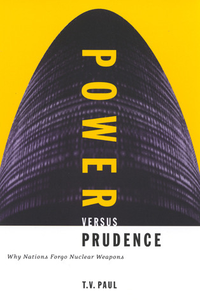
Summary
In Power versus Prudence Paul develops a prudential-realist model, arguing that a nation's national nuclear choices depend on specific regional security contexts: the non-great power states most likely to forgo nuclear weapons are those in zones of low and moderate conflict, while nations likely to acquire such capability tend to be in zones of high conflict and engaged in protracted conflicts and enduring rivalries. He demonstrates that the choice to forbear acquiring nuclear weapons is also a function of the extent of security interdependence that states experience with other states, both allies and adversaries. He applies the comparative case study method to pairs of states with similar characteristics - Germany/Japan, Canada/Australia, Sweden/Switzerland, Argentina/Brazil - in addition to analysing the nuclear choices of South Africa, Ukraine, South Korea, India, Pakistan, and Israel. Paul concludes by questioning some of the prevailing supply side approaches to non-proliferation, offering an explication of the security variable by linking nuclear proliferation with protracted conflicts and enduring rivalries. Power versus Prudence will be of interest to students of international relations, policy-makers, policy analysts, and the informed public concerned with the questions of nuclear weapons, non-proliferation, and disarmament.
Similar Books
-
 Memory and Power in Post-War Europe: Studies in the Presence of the Past
Memory and Power in Post-War Europe: Studies in the Presence of the Pastby Jan-Werner Müller
-
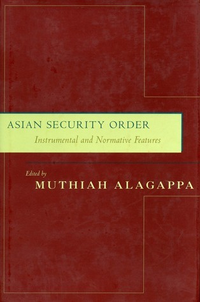 Asian Security Order: Instrumental and Normative Features
Asian Security Order: Instrumental and Normative Featuresby Muthiah Alagappa
-
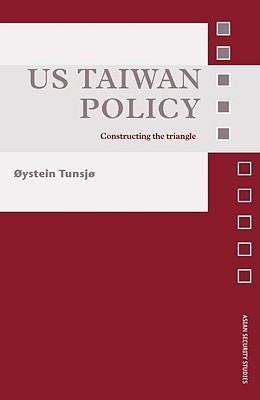 US Taiwan Policy: Constructing the Triangle
US Taiwan Policy: Constructing the Triangleby Øystein Tunsjø
-
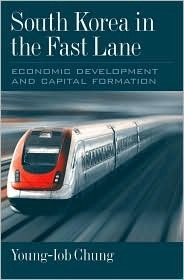 South Korea in the Fast Lane: Economic Development and Capital Formation
South Korea in the Fast Lane: Economic Development and Capital Formationby Young-Iob Chung
-
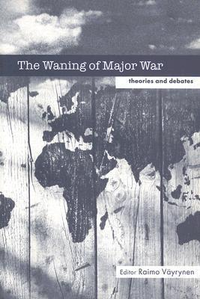 The Waning of Major War: Theories and Debates
The Waning of Major War: Theories and Debatesby Raimo Väyrynen
-
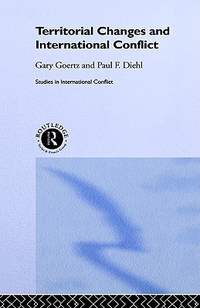 Territorial Changes and International Conflict
Territorial Changes and International Conflictby Paul Diehl
-
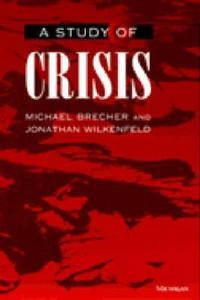 A Study of Crisis
A Study of Crisisby Michael Brecher
-
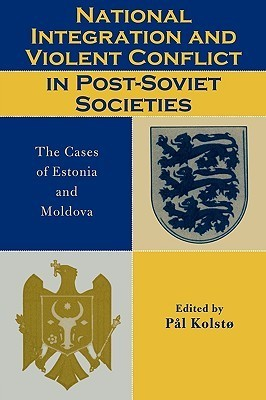
-
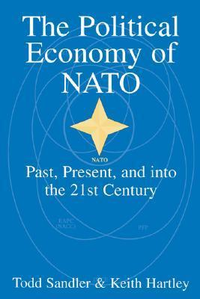
-
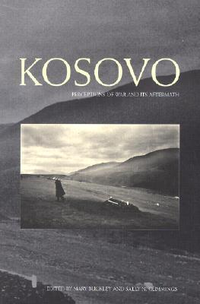 Kosovo: Perceptions of War and its Aftermath
Kosovo: Perceptions of War and its Aftermathby Mary Buckley
-
 Western Use of Coercive Diplomacy After the Cold War: A Challenge for Theory and Practice
Western Use of Coercive Diplomacy After the Cold War: A Challenge for Theory and Practiceby Peter Viggo Jakobsen
-
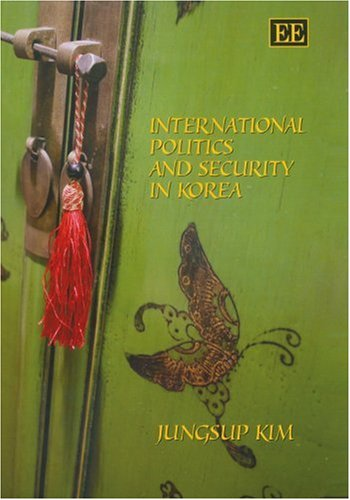 International Politics and Security in Korea
International Politics and Security in Koreaby Jungsup Kim
-
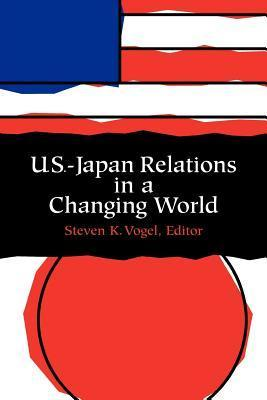 U.S.-Japan Relations in a Changing World
U.S.-Japan Relations in a Changing Worldby Steven Kent Vogel
-
 Territorial changes and international conflict
Territorial changes and international conflictby Gary Goertz
-
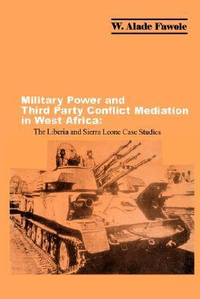
-
 The North And South Korean Political Systems: A Comparative Analysis
The North And South Korean Political Systems: A Comparative Analysisby Sung Chul Yang
-
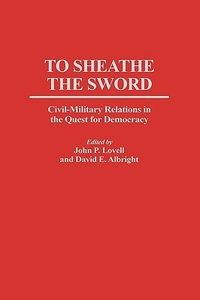
-
 British Defence Policy in a Changing World
British Defence Policy in a Changing Worldby John Baylis